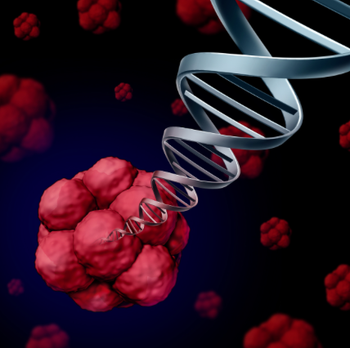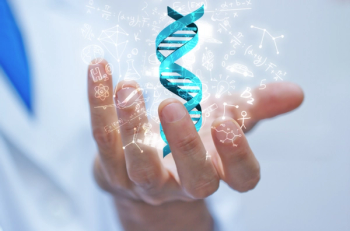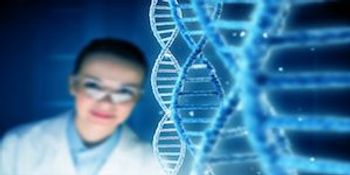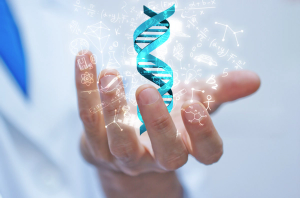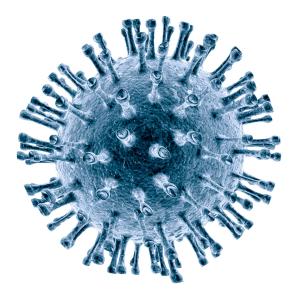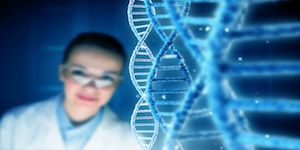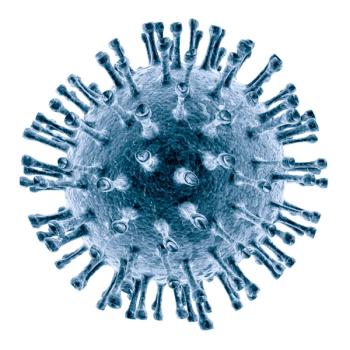
While antiretroviral therapy (ART) can suppress HIV infection, ART cannot completely eradicate HIV, which remains in a latent reservoir in CD4-positive T cells during treatment; discontinuation of ART leads to rapid rebound of the virus. This reservoir forms even when ART is initiated early on in the infection, and while the most widely accepted model of how the reservoir forms involves infection of a CD4-positive T cell as it transitions to a resting state, the dynamics and timing of the reservoir’s formation have been largely unknown.

